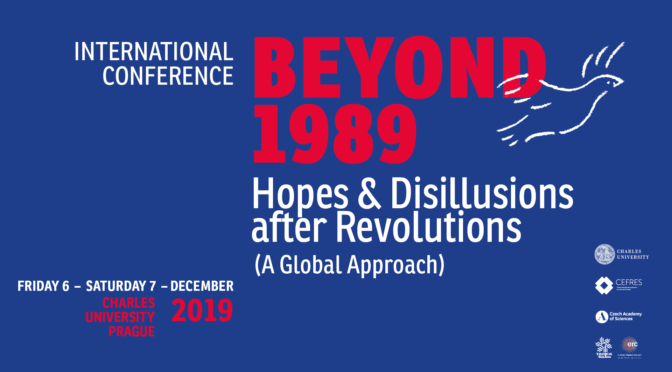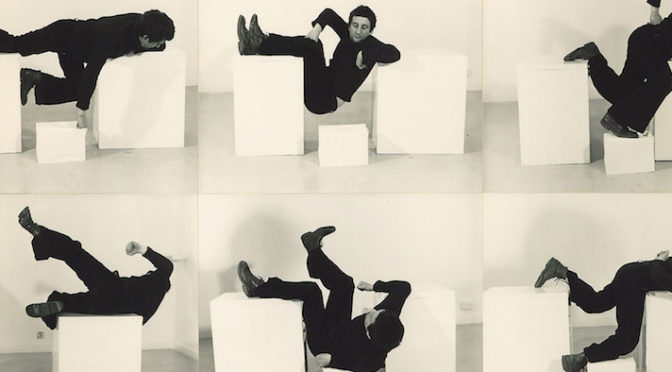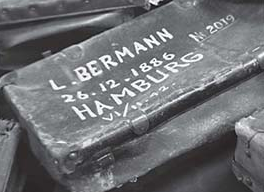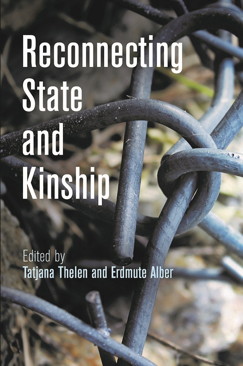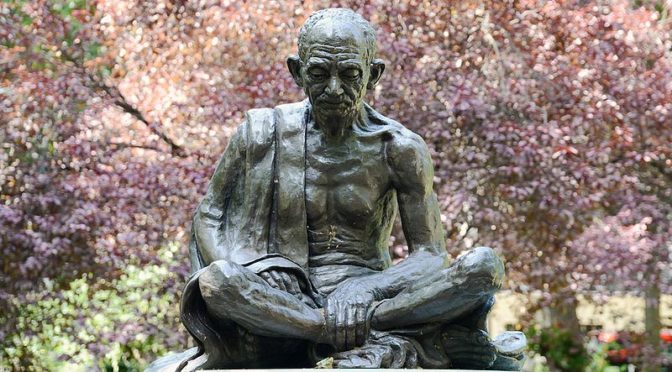BEYOND 1989. Hopes and Disillusions after Revolutions
(A Global Approach)
International Conference – Film Screening “Solidarnosc. La Chute du Mur commence en Pologne” (EN subtitles)
Date: 6 & 7 December 2019
Venue: Prague (Charles University Karolinum, Faculty of Arts, French Institute)
Organizers: French Research Center in Humanities and Social Sciences (CEFRES), Faculty of Arts of Charles University (FF UK), Faculty of Social Sciences of Charles University (FSV UK), Institute of Contemporary History of the Czech Academy of Sciences (ÚSD AV ČR), and ERC Project “Tarica”
Partners: French Institute in Prague, Faculty of Humanities of Charles University, Centre of French Civilization and Francophone Studies of Warsaw University (CCFEF), Scientific Centre of the Polish Academy of Sciences in Paris, Institute of Polish Culture of the University of Warsaw (IKP), CNRS Research Unit LADYSS (University Paris I Panthéon-Sorbonne) and GDR Europe Médiane (CNRS)
Language: English
➤To attend Friday’s conferences, a registration is needed by sending an email at: cefres@cefres.cz
2019 represents an important symbol and a major commemorative moment in Europe. Marking thirty years since the collapse of the communist regimes of Central and Eastern Europe, as well as fifteen years since their European integration, this anniversary gives rise to political, memorial and academic initiatives throughout Europe.
This thirtieth anniversary is a unique opportunity to think about revolutionary experiences and regime change in various historical contexts. Thereby, this conference aims at offering wider and new academic perspectives on regime transformations and democratic transitions, through a comparative approach. Post-Communist Europe will undoubtedly be one of our focus, as well as the Arab world following the 2011 uprisings or the political transitions in Sub-Saharan Africa. Thus, this unprecedented proposition is to offer an equal value of those revolutions in a comparative analysis, without any ranking based on success of failure.
The chosen perspective is to question the object “revolution” by the multiple interpretations that the revolution raises: promotion, even sublimation; but also disqualification, even outright rejection.
Friday 6, December
Karolinum
Modrá posluchárna, Charles University, Ovocný trh 560/5
13:30-14:00: Registration
14:00-15:00: Keynote Addresses
Translation CZ / EN / FR
Mr. Tomáš Petříček, Minister of Foreign Affairs of the Czech Republic
Mr. Jean-Yves Le Drian, Minister of Europe and Foreign Affairs of the French Republic
15:00-15:30: Introduction
Lenka Rovná, Vice-Rector for European Affairs, Charles University
Miroslav Vaněk, Director of ÚSD AV ČR
Jérôme Heurtaux, Director of CEFRES
15:30-16:15: 1st Academic Keynote
Moderation: Michal Pullmann, Dean of Faculty of Arts, Charles University
Adéla Gjuričová (ÚSD AV ČR): The Unbearable Lightness of Women’s Rights: On Gender Order in Post-Socialist Transformation
16:15-16:45: Coffee Break
16:45-17:30: 2nd Academic Keynote
Georges Mink (College of Europe / CNRS): 1989 Revisited in the Light of its Consequences. Thoughts of a Committed Observer
17:30-18:45: Roundtable: Hopes and Disillusions towards European Integration
Ivo Šlosarčík (FSV UK)
Marie-Elizabeth Ducreux (CNRS / EHESS)
Marion Van Renterghem, Journalist / Albert-Londres Prize
Michael Žantovský, Director of the Václav Havel Library
18:45: Reception
Saturday 7, December
Faculty of Arts / nám. Jana Palacha 1/2
Room 104
9:30-10:15: 3rd Academic Keynote
Moderation: Eliška Tomalová (FSV UK)
Michal Kopeček (ÚSD AV ČR): Democratic Hopes and Liberal Illusions: the 1989, Post-Dissident Politics of Memory and the Challenge to “Liberal Consensus” in East Central Europe
10:15-12:00: Panel 1: Promoting Revolutions
Moderation: Pavel Mücke (ÚSD AV ČR)
Federico Tarragoni (Paris-Diderot University): From Revolutions to Revolutionary Subjectivities. Some Sociological Tracks
Matěj Spurný (FF UK / ÚSD AV ČR): Environment in Capitalism. Paths to a Neoliberal Consensus
Ester Sigillò (ERC Tarica): Engaging in Civil Society in Response to the Failure of Political Parties in Tunisia
Eliška Tomalová (FSV UK): Velvet Revolution in Cultural Diplomacy and Nation Branding
Jana Wohlmuth Markupová (FHS UK): Meaning of 17th November 1989 in the Memory of Former Student Protagonists in Czech Republic
Emmanuelle Boulineau (ENS Lyon): Spatial Illusions and Disillusions in Central Europe: Borders, Flows, and Territorial Cooperation
12:00-12:15: Coffee Break
12:15-13:45: Panel 2: Disillusions after Revolution
Moderation: Jérôme Heurtaux (CEFRES)
Éric Aunoble (University of Geneva): Post-Revolutionary Syndromes: The Case of Ukrainian Communists after 1920
Clément Steuer (ERC Tarica): Discrediting the Revolution in Political Discourse: the Role of Counter-Revolutionary Parties in Egypt
Alia Gana (CNRS / ERC Tarica), Maher Ben Rebah (ERC Tarica): Political Disenchantment in Post-Revolutionary Tunisia in the Light of Electoral Processes
Nicolas Maslowski (CCFEF): Post-Dissent: Between Social Resource and Source of Disillusion
Marcel Tomášek (FHS UK): Scholars and Experts’ Disillusions on Post-1989 Dynamics in East-Central Europe
13:45-14:45: Lunch
14:45-17:30: Students’ Presentations
Moderation: Paweł Rodak (Warsaw University), Marie-Elizabeth Ducreux (EHESS / CNRS)
Michal Louč (FHS UK / ÚSTR): The Former Czechoslovak Political Prisoners from the 1950s and their Perceptions of the Velvet Revolution and Dealing with Communism
Václav Rameš (ÚSD / FF UK): The 1989 as an Opportunity for a New Economic Order. Expectations and Disillusionments in the Czechoslovak Postcommunist Ownership Transformation
Marek Skála (FHS UK): The Beginnings of Small Businesses during the Economic Transformation Period
Martin Babička (Oxford University): “We are Buying the Future”: Neoliberalism, Historicity, and the Case of Voucher Privatization in Postsocialist Czechoslovakia
Filip Keller (FF UK): And Then Wolves Have Come. Czechoslovakian Technical Intelligentsia on The Postcommunist Transformation
Pavel Jonák (FHS UK): Great Expectations? Czech Post-Revolutionary Way of Teaching Creative Writing from the Perspective of its Actors
Eliška Černovská (FSV UK): The Role of Guy Erismann in French-Czech(oslovakian) Musical Relations before and after the Velvet Revolution
Igor Zavorotchenko (FHS UK): One Example the 1989/1991 Revolution could not Change the Historical Assessment, Although we did Hope So
16:30-16:45: Coffee break
Klára Žaloudková (FSV UK): Preying on the State: Oligarchization of Bulgaria after 1989
Jiří Kocián (FSV UK): Persistent Burden: Post-1989 Romania and The Quest for Democratic Maintenance
Marek Suk (FF UK): Were Dissidents Representing the Alternative to the Normalisation Regime? Their Political Performance before and shortly after November 1989
Claire Laurent (University of Strasbourg): “Polszczyzna”: The Hope of a Nation without a State and the Disillusion of a Post-Revolutionary Nation-State
17:30-18:30: Break. Move to French Institute
French Institute, Stepanska 35
Kino 35
18:30-20:00 Screening of Anna Szczepanska’s film Solidarnosc. How Solidarity Changed Europe, LOOKSfilm/Arte-NDR, Germany, 2019, 52 mn (English subtitles).
Moderation: Luc Lévy, Director of the French Institute
Debate with Anna Szczepanska and Georges Mink
20-20:30 Closing Remarks
Nicolas Maslowski (CCFEF), Paweł Rodak (Warsaw University), Aneta Bassa (Polish Academy of Sciences), Jérôme Heurtaux (CEFRES), Eliška Tomalová (FSV UK), Michal Pullmann (FF UK), Pavel Mücke (ÚSD AV ČR), Alia Gana (CNRS, ERC Tarica)
Read more about the event subjects on: http://cefres.cz/fr/11961

